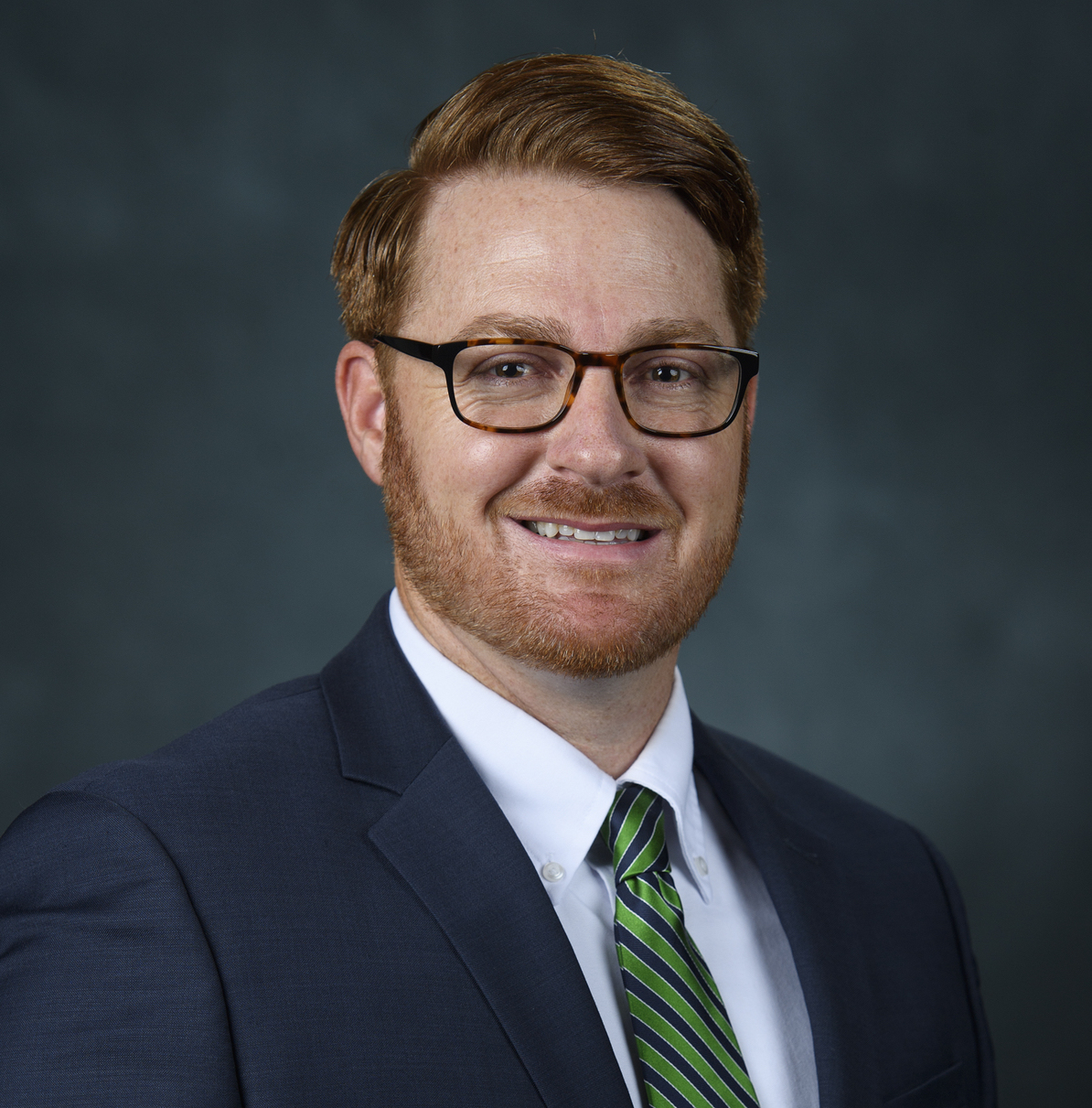 Denver Fowler, a Sacramento State assistant professor, offers innovations to help school leaders advance education in modern environments.
Denver Fowler, a Sacramento State assistant professor, offers innovations to help school leaders advance education in modern environments.Schools face a variety of new challenges, from increased parental expectations, to the constant presence of digital technology and social media, and a rapidly diversifying student body.
There is new help for navigating this demanding landscape. Sacramento State's Denver Fowler has written a book designed to address educational roadblocks and is working to prepare school leaders in the Sacramento region and beyond to overcome them.
Fowler, an assistant professor of educational leadership and policy studies in the College of Education, is set to publish “The 21st Century School Leader: Leading Schools in Today's World,” which discusses the challenges and opportunities facing education and how to approach them. The book, scheduled for March publication, also will be used in Fowler’s courses, part of an educational leadership program that is preparing and producing the next generation of school leaders.
“In five years or even sooner, when folks in the state of California ask themselves, ‘Where do I want to go to be a school leader and be prepared to lead schools and school districts?’ we want them to think Sac State,” Fowler said. “We want Sac State to be known for producing school leaders who are effective, can hit the ground running when they’re hired, and have all the skills, abilities, knowledge, and expertise to lead schools in the 21st century and beyond.”
It's not enough, Fowler says, for school leaders simply to be managers, handling staffing, budgets, and other day-to-day tasks. They also must be “instructional leaders” and lifelong learners, constantly looking for new ways to help teachers and students succeed, such as using data and technology to inform curriculum, teaching practices, intervention, enrichment, and more.
Teachers also face parental expectations that differ from past generations. Fowler points to a popular internet meme that shows two sets of parents, one in the 1950s and one today, upset over their child’s poor grades. In the former, their ire is directed at the child. In the latter, they’re angry with the teacher and principal.
“Parents see the importance of education and how it’s the great equalizer in our society. It’s no longer, just ‘How is my son or daughter doing?’ It’s also ‘What are you doing for him or her as a leader and a teacher,” he said. “I see it as a positive.
"Parents are engaged, and it’s important for school leaders and teachers to be as transparent as possible about what they are doing in the classroom to ensure that learning is taking place, and that the needs of each and every child are being met.”
 Teachers and school leaders are also tasked with facilitating an equitable learning environment among a student body that is becoming more and more diverse, according to Fowler, not just racially, but with regards to socioeconomic status, LGBTQ+ students, and students with learning disabilities.
Teachers and school leaders are also tasked with facilitating an equitable learning environment among a student body that is becoming more and more diverse, according to Fowler, not just racially, but with regards to socioeconomic status, LGBTQ+ students, and students with learning disabilities.
Technology offers challenges as well as opportunities. On the one hand, teachers and administrators must know how to respond to cyberbullying, something that happens outside the school building, but has a direct impact inside of it. Students also need to be taught how to be responsible with their online presence.
Conversely, modern technology gives schools new ways to communicate with students and parents to share important information or highlight the school’s successes.
That doesn’t mean that effective methods should be abandoned in the name of technology.
“The term I use in my book is ‘tradigital,’ and what I mean by that is, taking the traditional, proven best practices for school leadership and incorporating the digital aspect,” Fowler said.
But in the new world, even the hallowed concept of grades is getting a new look.
“Some of the best performing school districts I’ve visited across the globe allow students to re-do their work, that is, to resubmit assignments until it is perfect,” he said. “The focus is on the learning, not on the grade. It’s about mastery.”
The book will be used in the educational leadership program’s foundation course, which ties back to Fowler’s intent that it be seen as a guidebook for both practicing and aspiring school leaders. In addition to Sacramento State, he says he is aware of at least three other universities that are or will be using it in their educational leadership program curriculum.
Go to the Educational Leadership and Policy Studies programs page on the Sac State website for more information. – Jonathan Morales
